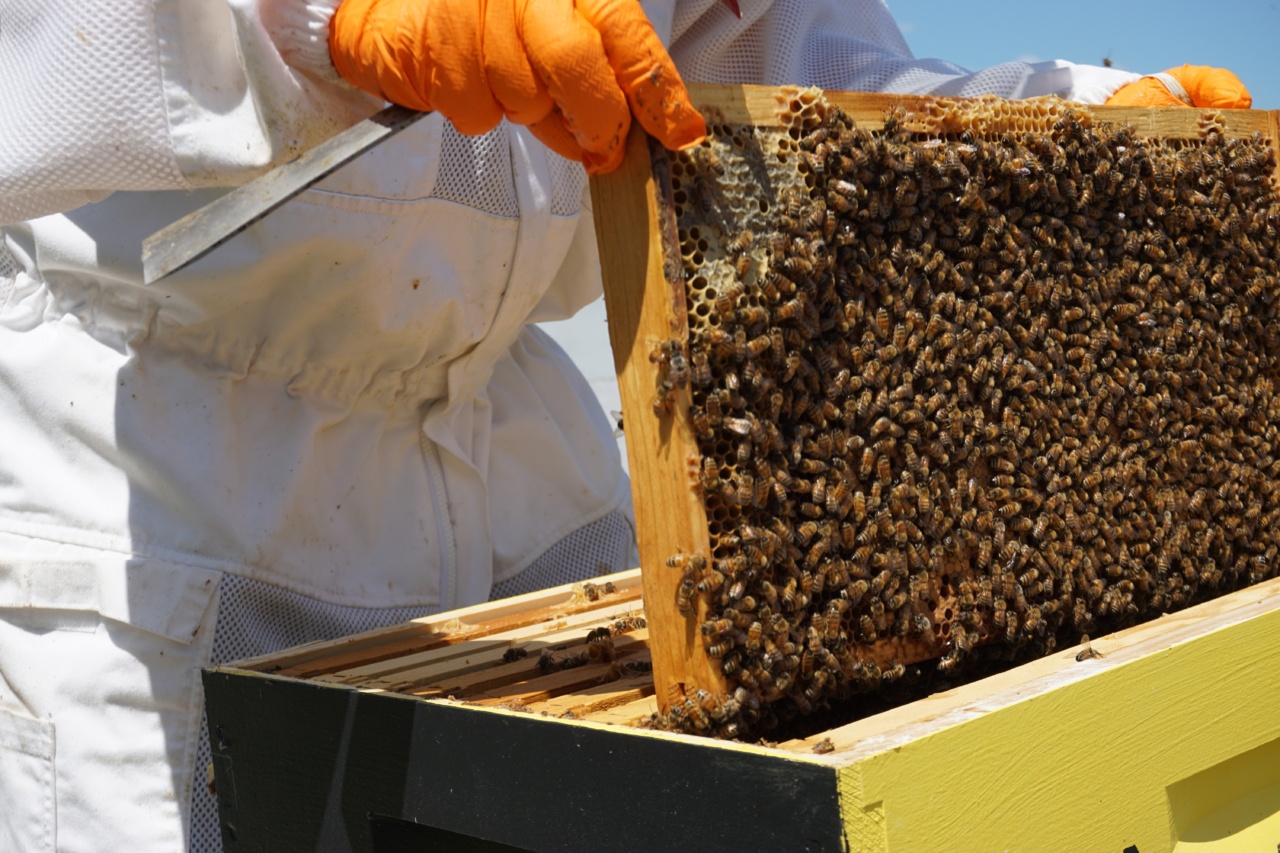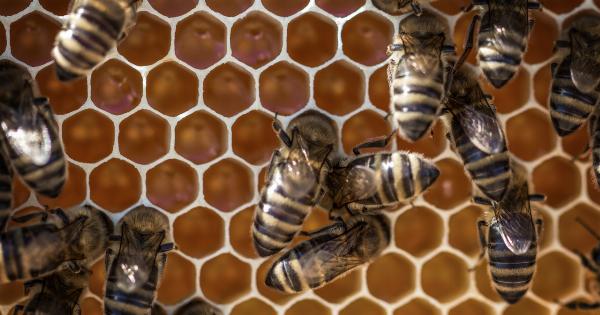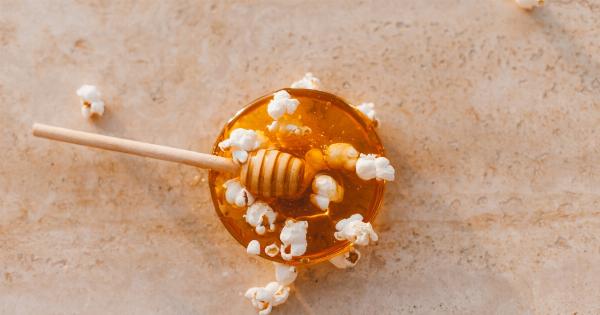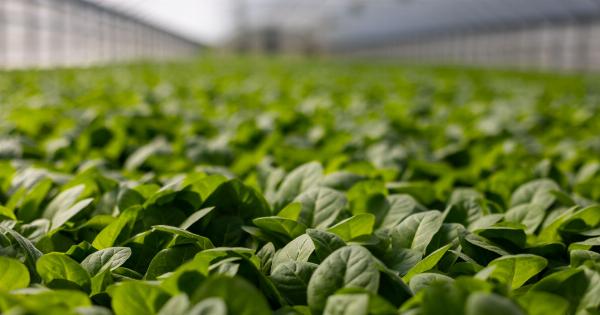Genetically modified organisms (GMOs) are plants and animals that have had their genetic makeup altered by using genetic engineering techniques. They were initially developed in the 1980s and have since become widespread in agriculture.
One area where the effects of GMOs are being explored is in honey production. In this article, we will examine the impact of GMO pollen on honey quality.
Background
Bees play a critical role in the pollination of crops. They collect pollen and nectar while they visit flowering plants and use the materials to produce honey. The pollen they collect is also used to create beeswax.
The honey produced by bees is influenced by the type of pollen they collect. When the pollen is sourced from GMO plants, there is a risk that the genetically modified traits may be transferred to the honey produced by the bees.
This could potentially compromise the quality of the honey and raise concerns about the safety of consuming it.
Research
A few studies have been conducted to determine the impact of GMO pollen on honey quality. One study involved testing honey produced by bees that had been exclusively fed GMO pollen.
The results showed that the honey contained traces of the genetically modified traits of the pollen, but the levels were low enough to be considered safe for human consumption. However, a second study found that the presence of GMO pollen in the honey led to changes in the honey’s biochemical composition, which could potentially affect its nutritional value and flavor.
Regulation
There are currently no regulations in place that specifically address the use of GMO pollen in honey production. However, honey producers are required to follow regulations related to food safety and labeling.
If a product contains GMOs, it must be labeled accordingly.
Conclusion
Based on the limited research available, it appears that consuming honey produced by bees that have been exposed to GMO pollen is safe. However, there may be some changes to the nutritional value and taste of the honey.
As more research is conducted, additional regulations may be put in place to address the use of GMO pollen in honey production.






























